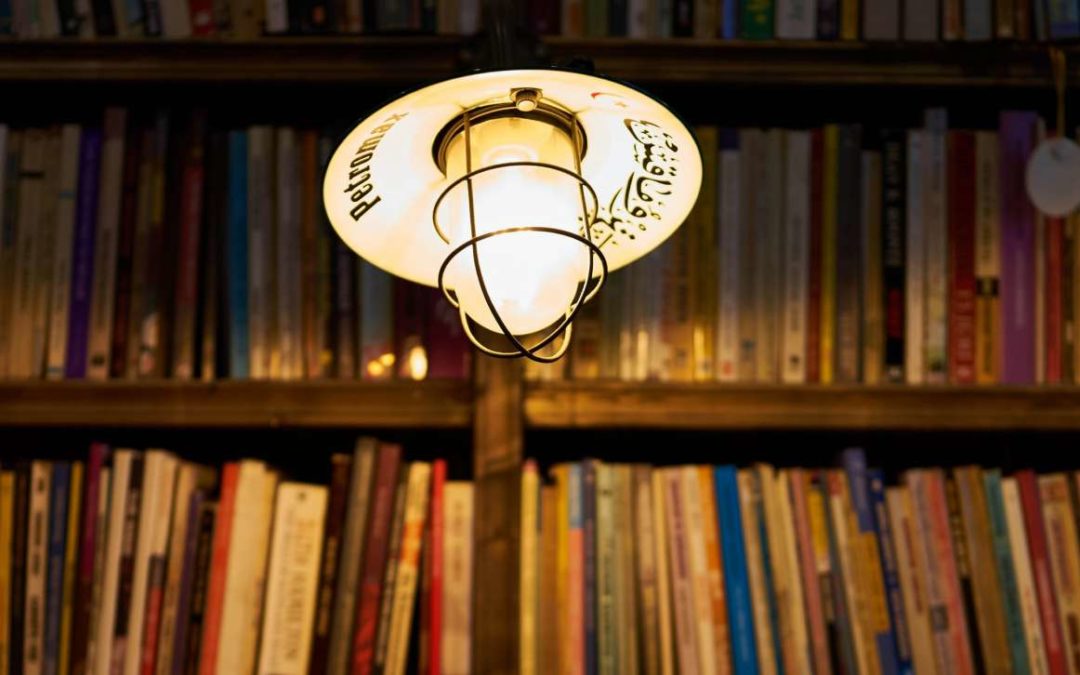By Matt Shaw
Our libraries aren’t closed, only the buildings are shut. This, as many librarians have been saying, underscores the great extent to which libraries and librarians have long been involved in providing digital resources, remote services and postal loans, along with a host of other activities that support research, training and learning more broadly. But the buildings will, at some point, reopen. When they do, we suspect that things won’t be the same, at least initially, and perhaps over the longer term, too. UK Higher Education is already modelling what the changes in student numbers and the UK’s balance sheet might look like, and publishers are looking at a changed market and set of financial arrangements. The taste for remote, blended and hybrid learning may be one that proves addictive.
Libraries, and relevant organisations such as Jisc, Sconul and RLUK, are working on the bigger picture, of course. But it seems that many of the changes, challenges and, dare we say it, opportunities are particularly relevant to librarians (and others) who work with history collections.
Libraries and archives are the laboratories for the discipline, and much of the raw data — the primary source material of history — remains undigitised or inaccessible for many reasons of cost, copyright and the sheer labour required to move these things into server farms around the world. And this is before questions of privacy, metadata, and non-anglophone content are addressed.
Historians also spend a long time just being in libraries. The process of research, writing, reviewing, checking and serendipitous discovery is central to the working methods of many in the discipline. Many research or community-based projects are also wedded to libraries: the clippings files, the collections of ephemera, the glass slides, the scanners, the unlabelled storage boxes being sorted, the venue for people to bring in their materials to be digitised. Librarians are acutely aware of their responsibilities to readers, many of whom they know personally and over many years. We also fully appreciate the risks posed to staff and our responsibility to wider society at a time of public crisis. Moreover the digital shift, changing research demands and interests, and initiatives such as Plan-S, have not been but on ice.
The IHR’s History Librarians’ Workshop (18 June) is a chance to discuss and think about some of these issues: from the practicalities of offering a scanning service or providing e-resource access, to the challenges of running a Heritage Lottery Fund project during a pandemic. The Workshop is free and open to all.
Workshop sessions include presentations from Isabel Holowaty (Head of Humanities Libraries & History Librarian, Bodleian Libraries, University of Oxford) and Simon Dixon (Head of Special Collections and Archives, University of Leicester). The workshop is also a chance to meet other librarians and those who use libraries, and to map out some of the issues particularly facing history libraries, their staff and their users.
We have 100 places on Zoom, so sign up here.
Matt Shaw is Librarian of the IHR
History Librarians Workshop
Thursday, 18 June 2020, 13:30-15:00
As part of the IHR’s role helping Research England to support UK higher education research infrastructure, we are arranging a number of workshops exploring issues raised by the covid-19 crisis. Join us and other history librarians to examine the challenges posed by the current environment and how we are developing services and support in response.
This workshop will be of particular interest to history subject librarians, archivists, academic liaison librarians, LIS students and history lecturers, particularly those responsible for final year and MA dissertations.
Provisional Programme:
13.30: Welcome – Matthew Shaw (IHR Librarian, School of Advanced Study)
13.35: Keeping historians reading: approaches to providing e-resources and alternatives to print during COVID-19 – Isabel Holowaty (Head of Humanities Libraries & History Librarian, Bodleian Libraries, University of Oxford)
This brief talk will outline approaches taken at Oxford in providing history students and researchers remote access to digital content during COVID-19. It will touch on accommodating rapid change, starting new services, sourcing content, communicating effectively with the Faculty and looks ahead to the next year.
13.50: Q&A
14.00: Running heritage projects under lockdown – Simon Dixon (Head of Special Collections and Archives, University of Leicester)
Throughout 2020 Archives and Special Collections at the University of Leicester are hosting two National Lottery Heritage Funded projects involving digitisation, cataloguing, volunteering and community outreach. Both projects are heavily dependent on access to physical collections and facilities on site. With no option to pause either project, this presentation will reflect on how the project teams and volunteer participants have adapted to working remotely in order to deliver as many outcomes as possible.
14.15: Q&A
14.25: Discussion
14.45: Review and Possible Actions
15.00: Close

